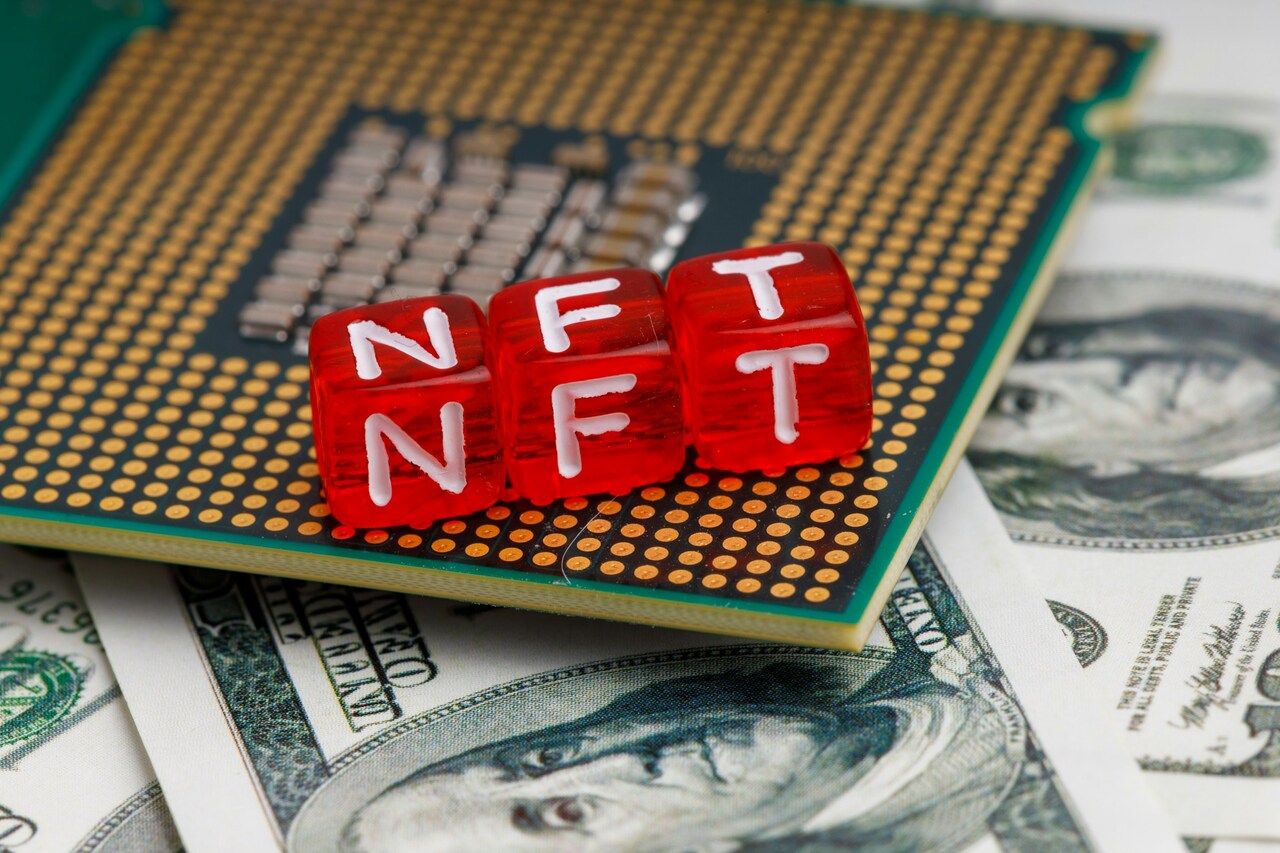We’ve all had days that just feel like Monday morning, whether they’re actually Monday morning or not. You spill the coffee beans while firing up the coffee-maker. You’re late to work because of a traffic jam surpassing the one in “La La Land.” Working on the new report seems to take hours. You can’t find the data you’re supposed to send to the team. Every pen has run out of ink.
You can’t get started. And when you do, you feel as slow as molasses in January, like you’ve forgotten how to be efficient.
But in fact, knowing how to be efficient when you just don’t feel up to it is a skill all productive people need. We aren’t at peak levels all the time — that’s part of what makes them peak. Here’s some advice for how to be efficient on Monday-type days. Plus, we’ll also provide advice for build efficiency into your life so it becomes effortless.
Use the Two-Minute Task Method
Using the two-minute task method is an especially good one for days when you feel like efficiency can only be a distant dream. Set aside two minutes to do a quick task. Check your email. Make a phone call. Enter upcoming meetings onto your desk calendar.
Two-minute tasks prime the pump. They’re quick, but they get something done. Your mind becomes convinced that you can do it.
Focus on One Task at a Time
You need to banish multitasking entirely on days when you don’t feel efficient. In fact, frankly, you probably shouldn’t multitask ever. The key to efficiency is to do one task well. If you try to multitask, you run the risk of doing every task poorly. Say you try to check a database at the same time as listening to a conference call. The database check for accuracy may well have to be done over. That’s very inefficient.
Multitasking is a buzzword whose time came and went. Efficient people do one thing at a time.
Implement Downtime
Everyone needs downtime. It’s not the enemy of efficiency, but the friend. That means get enough sleep, take breaks and have fun (or naps) on the weekend. You’ll be recharged and ready for super-efficiency.
In fact, on days when you feel like you can’t get up to speed, it might be a good idea to give in to downtime. Take a nap if you can swing it, or even a personal day. If your body and mind are telling you they need some fuel, give it to them.
Plan Projects
Efficient people work to a plan. If your manager sets plans at work, plan your end of it. Use to-do lists, breaking down tasks into each micro-component.
If you need to get in touch with the Information Technology department to discuss upgrades, for example, write down each task you need to do. Make a phone call or email? Send them project specifications? Make sure they know what the upgrades are for? Determine the correct person to contact?
Sometimes projects seem inefficient because workers have not broken down the steps enough. Making each component an item on your to-do list breeds efficiency and gives you a sense of accomplishment.
Set Deadlines
We’re all familiar with the phenomenon of suddenly getting things done that we’ve allowed to languish for days, weeks and months. In some ways, it’s like the college term paper that got done the night before, but workplaces are full of similar behavior.
Set deadlines for all your tasks. People tend to let projects without deadlines go on and on. Stop that! Do it by the deadline.
Work Effectively
It is very important to work effectively. Many people confuse efficiency with speed, or with jumping on tasks the minute they’re assigned. Say you’re supposed to come up with two social media posts every week. To be efficient, you write one post to be used on Facebook and Instagram. Two for one is maximum efficiency, right?
It may take you less time, but it’s not effective. Because these social media channels are very different, a post for one doesn’t really work well on the other. Make sure you are doing things the right way, not just the fast way.
Organize Your Space
Organizing your space will increase efficiency both on days you feel you can’t get there and in general. Many times, people feel like they can’t start a project because they can’t find the right materials, or that progress is slow because they have to stop and look for things.
Organize your desk. A messy desk is a key sign of inefficiency. Make sure you keep up with the stuff on it. Know where the basics are. Pen and pencils. Post-its. Paper clips. Inbox, reasonably cleaned out. Organize your computer files. Have files in a logical and up-to-date order.
These methods will improve your efficiency on specific days and over the long term.
Recent Stories
Follow Us On
Get the latest tech stories and news in seconds!
Sign up for our newsletter below to receive updates about technology trends



